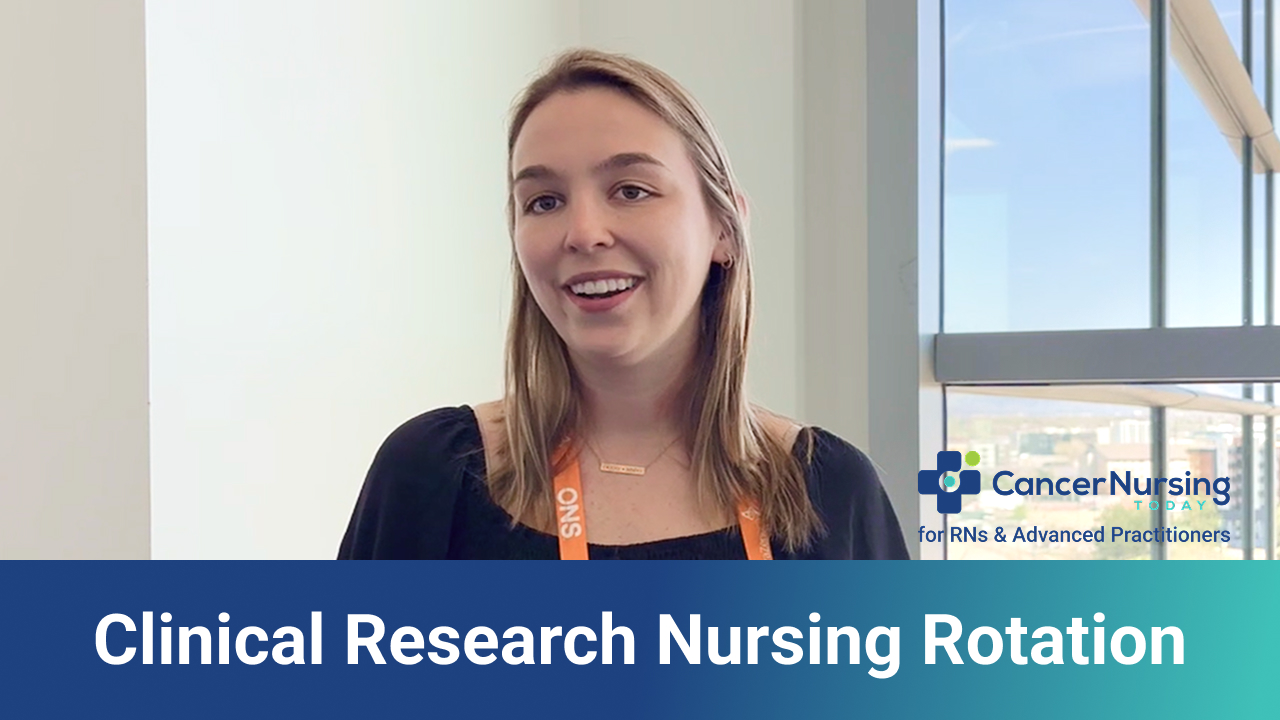
Can whole genome sequencing (WGS) help identify actionable genetic alterations in patients with sarcoma? A study presented at the European Society for Medical Oncology Sarcoma and Rare Cancers Congress 2024 addressed the question.
Georgina E. Wood, MBBS, MRCP, BSc, MSc, PhD, of the University College London Hospitals National Health System Foundation Trust, and colleagues presented the research. They explained that “following the 100,000 genomes project, across England, all patients diagnosed with sarcoma are entitled to WGS,” but “there are ongoing challenges of optimising uptake of testing and utilising results to enhance patient care including access to personalised therapies and clinical trials.” In addition, the clinical utility of WGS for multiple age groups of patients with sarcoma “requires further elucidation,” according to Dr. Wood and colleagues.
The researchers conducted a retrospective analysis of clinical data from local electronic health care record systems, identifying all cases of new or relapsed sarcoma in pediatric, teenage, young adult, and adult patients who contented to WGS from May 2021-September 2022 within the London Sarcoma Service.
The study showed that WGS was completed for 25 patients who were children, teens, or young adults, and for 5 adults. Among those 30 patients, only 24 were informed of WGS results, including 2 of the 5 adults and 22 of the 25 children, teens, and young adults. Osteosarcoma, representing 18 cases, was the most common histological subtype, followed by Ewing sarcoma in 5 cases.
WGS was able to identify 2 patients with germline variants, MLH1 and TP53. Both of those patients had osteosarcoma and were referred to clinical genetics services. Lynch syndrome and Li-Fraumeni syndrome were confirmed, and the patient with Lynch syndrome “subsequently received compassionate access immunotherapy based on this result,” Dr. Wood and colleagues explained.
Nearly half (47%) of patients had at least 1 variant that was classified as an Association for Molecular Pathology (AMP) tier 1A variant. The most frequent somatic variants detected were TP53, RB1, gain of 8q, gain of MYC, gain of 17p, and CDKN2A. The researchers identified a novel fusion gene, PSMC1::NFATC2, in 1 pediatric patient with osteosarcoma.
Dr. Wood and colleagues outlined the study’s findings and implications for future research and treatment.
“WGS has shown clinical utility in identifying pathogenic germline variants and novel somatic genetic alterations. Although almost 50% of patients had a clinically relevant somatic variant, these remain non-actionable for sarcoma patients and therefore no patients were referred to clinical trials based on these results,” the study authors explained. “Long intervals from sampling to issuing of results remain a challenge. In October 2022, local pathway protocol formalised that all WGS results are discussed at the [London Sarcoma Service Genomic Tumour Advisory Boards]. Work is ongoing to establish a WGS sarcoma database to facilitate improved access to clinical trials.”
Reference
Wood G, Abdulla S, Ahmed M, and Windsor R. Clinical utility of whole genome sequencing (WGS) for the identification of actionable genetic alterations in sarcoma patients. Abstract #132P. Presented at the European Society for Medical Oncology Sarcoma and Rare Cancers Congress 2024, March 14-16, 2024; Lugano, Switzerland.







 © 2025 Mashup Media, LLC, a Formedics Property. All Rights Reserved.
© 2025 Mashup Media, LLC, a Formedics Property. All Rights Reserved.